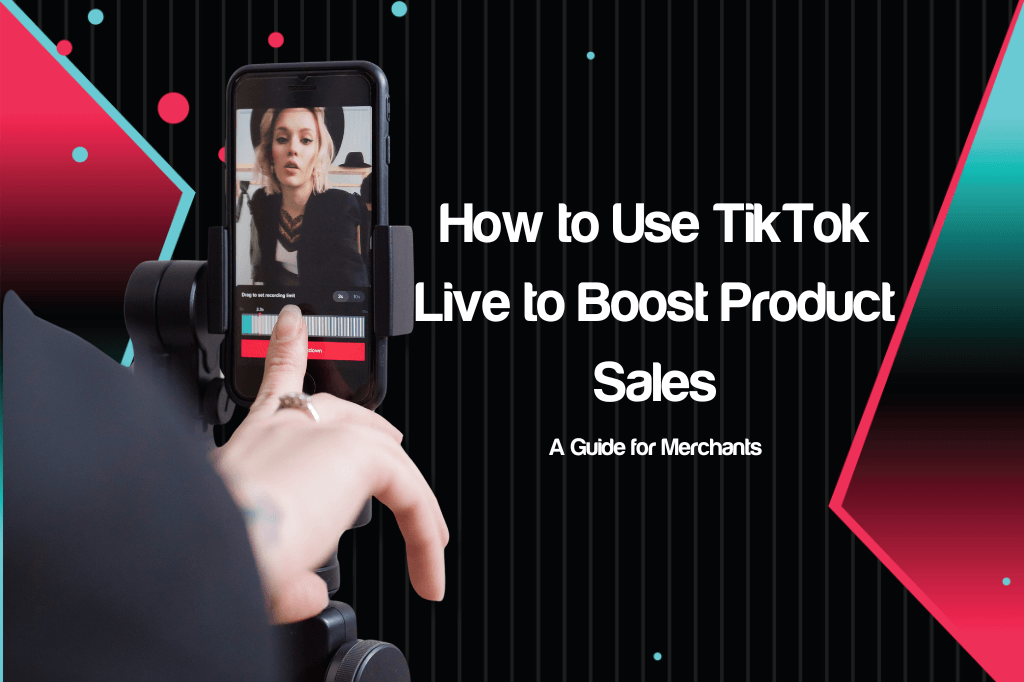In this article, we will discuss ways to increase the conversion rate by focusing on the final stage of the purchase online, specifically taking the travel industry as an example. We will also discuss the importance of using the right online payment platform.
The Internet is increasingly important for planning and organizing trips, with 26% of travelers booking cultural and leisure activities online before departing (booking kit). When we consider that 18% of bookings are made directly on the provider’s website, it becomes clear that optimizing the online booking experience is crucial for success. However, not everyone who visits a website will complete their ticket purchase, and the payment stage is often the most challenging part of the customer journey. This is where merchants may see a drop in the conversion rate.
According to data from 2021, 2.14 billion people regularly shop online, about 28% of the global population (Source: Statista). According to (regiondo) Booking Statistics in the travel and tourism industry shows that 60% of leisure travel and 41% of business travel arrangements are made online. In response to this trend, the market has adapted, with 71% of operators using reservation technology in 2019, up from 25% in 2010. Overall, the global market for travel and internet bookings is valued at over $500 billion based on BookingKit
The major issue with cart abandonment
Having an online presence and cultivating a digital presence is important for businesses, especially those in the tourism industry. Improving the online purchase experience is crucial to increasing ticket sales for these businesses. One challenge they face is shopping cart abandonment. As online shoppers, we all know that before clicking the “pay now” button, we go through several steps in the purchase process. However, the more steps there are, the greater the chances of getting distracted, confused, and losing interest. The payment stage is especially sensitive because it requires a financial commitment from the shopper. At this point, consumers may feel discouraged and abandon the cart. The average cart abandonment rate in eCommerce is around 70%, based on the data Baymard collected.
How to improve conversion rates
First, define the conversion rate as the percentage of visitors to a website who complete the checkout process and purchase a service or product. To increase conversion rates in the travel industry, it is important to understand the needs of digital tourists and how they move through a website. This includes identifying potential barriers to completing a purchase, such as complicated checkout processes or slow loading times.
When choosing an online payment system, consider features such as an intuitive and responsive user interface, clear error messages, and a comprehensive order summary. As more purchases are made through mobile devices, optimizing the checkout process for these devices would pay off in terms of higher revenue almost immediately.
Key Strategies for Improving Conversion Rates
- User-Friendly Checkout: Ensure your website has a clear and intuitive checkout process, minimizing distractions and potential roadblocks.
- Multiple Payment Options: Offer a variety of payment methods to cater to diverse customer preferences.
- Mobile Optimization: Optimize your website for mobile devices to accommodate the growing number of smartphone users.
- Clear Communication: Provide transparent information about fees, taxes, and shipping costs to avoid surprises at checkout.
- Security Reassurance: Implement robust security measures to build trust and alleviate customer concerns
The role of online payment
Offering multiple payment methods can also help improve the conversion rate. It is important to consider the preferred payment methods of different consumers, which may vary based on personal preference and regional availability. Offering alternative methods that align with the most popular options locally and internationally is useful. For example, in Europe, where digital wallets are gaining popularity, offering support for systems such as Samsung Pay, Apple Pay, and PayPal may be beneficial. It is also important to consider that some users prefer more traditional methods like bank transfers.
According to ESW, Offering the three most popular payment methods in a given market can improve the conversion rate by up to 30%. It is also important to regularly monitor and assess the conversion rate over time and to have the flexibility to add or remove payment methods as needed. This depends on the provider, who should allow quick and smooth payment option changes.
Read more about The effect of adding online payment to e-commerce conversion rates.


